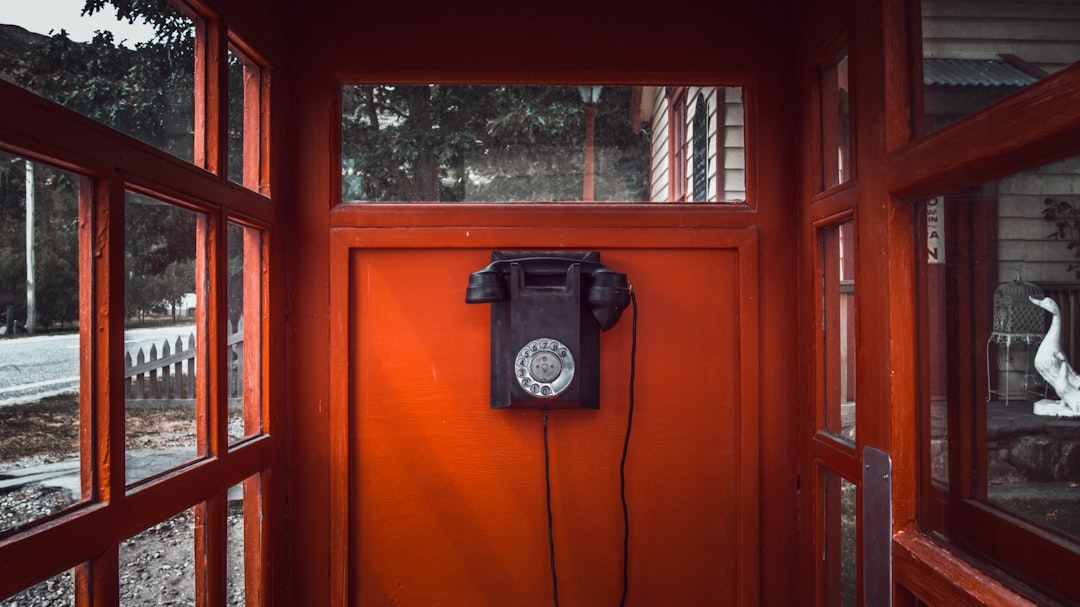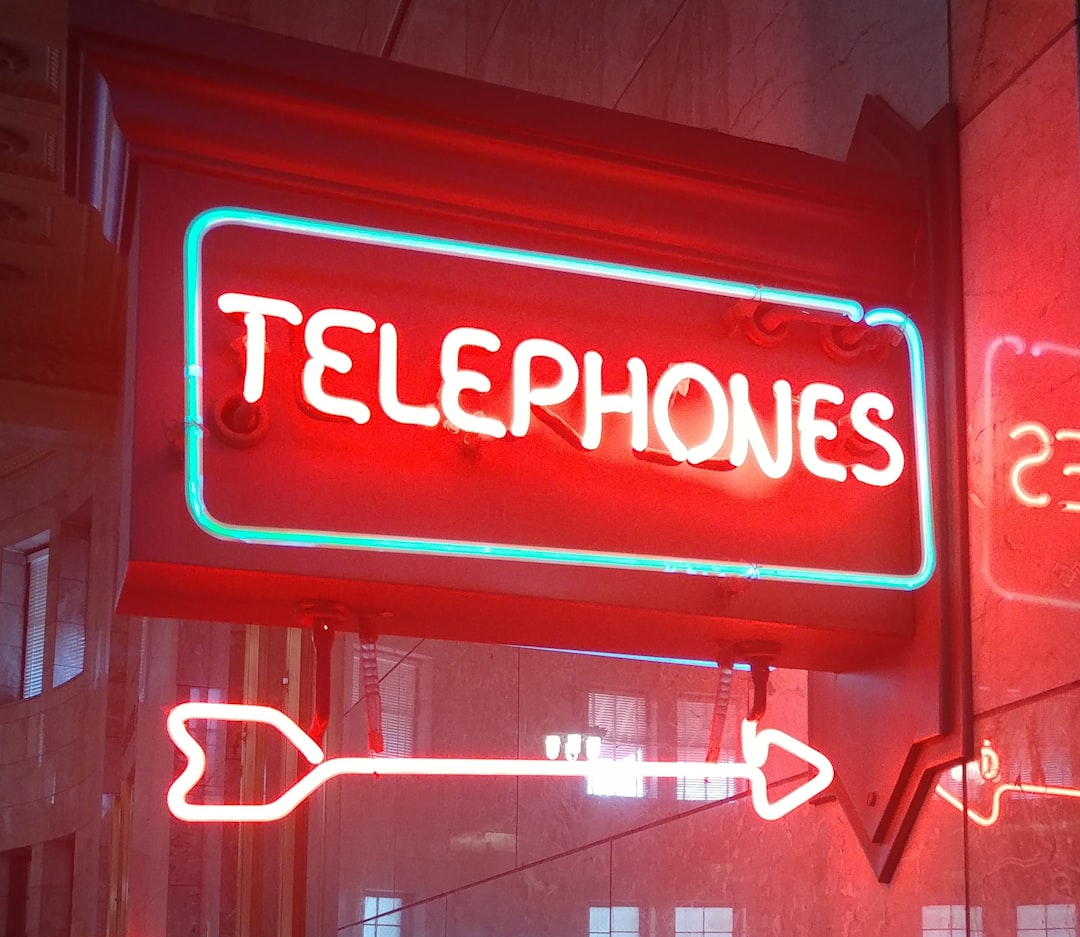The Marks v. Crunch San Diego, LLC case establishes a new legal standard for autodialer attorneys in Virginia, emphasizing the need for explicit consumer consent before automated calls, thus shaping consumer protection laws and telemarketing practices under the Telephone Consumer Protection Act (TCPA).
The Marks v. Crunch San Diego, LLC case has reverberated through Virginia courts, significantly shaping interpretations of the Telephone Consumer Protection Act (TCPA). This decision, focusing on the use of autodialers in telemarketing, has profound implications for businesses and autodialer attorneys in Virginia. The ruling clarifies permissible practices while setting a precedent for future TCPA litigation. Understanding Marks v. Crunch is crucial for autodialer attorneys navigating post-Marks TCPA landscape in Virginia, guiding strategies to protect client interests.
Understanding Marks v. Crunch San Diego, LLC Case

The Marks v. Crunch San Diego, LLC case is a significant legal precedent that has had a profound impact on consumer protection and telemarketing practices in Virginia. This landmark decision by the Virginia Supreme Court established crucial guidelines regarding the use of autodialers in telemarketing campaigns. The case centered around whether the use of an autodialer to make automated phone calls constitutes an invasion of privacy, as well as the validity of a consumer’s consent under the Telephone Consumer Protection Act (TCPA).
The court ruled that while autodialers can be a legitimate marketing tool, their excessive and unsolicited use may violate consumers’ rights. This decision has far-reaching implications for businesses operating in Virginia, especially those employing autodialer attorneys to manage their telemarketing strategies. As a result, companies must now ensure they obtain explicit consent from consumers before initiating automated calls, thereby fostering a more responsible and compliant approach to marketing practices in the state.
Implications for Autodialer and Telemarketing Laws

The Marks v. Crunch San Diego, LLC case in Virginia has significant implications for autodialer and telemarketing laws. The decision underscores the importance of strict compliance with regulations governing automated dialing systems, particularly in obtaining proper consent from recipients. This ruling can serve as a guide for autodialer attorneys in Virginia, helping them navigate complex legal terrain surrounding telemarketing practices.
In light of Marks v. Crunch, businesses and autodialer attorneys must pay close attention to the nuances of consumer consent. The case highlights the potential consequences of using automated dialing systems without explicit permission, emphasizing the need for clear and informed consent from individuals before initiating marketing calls. This new legal framework will undoubtedly shape the future of telemarketing strategies in Virginia.
Impact on Virginia Courts' Telephone Consumer Protection Act (TCPA) Rulings

The Marks v. Crunch San Diego, LLC case has had a profound impact on how Virginia courts interpret and apply the Telephone Consumer Protection Act (TCPA). This landmark decision clarified several key aspects of TCPA compliance, particularly regarding the use of autodialers in telemarketing campaigns. The ruling emphasized that businesses using automated dialing systems must have explicit consent from consumers to make automated calls, setting a stricter standard for autodialer attorneys in Virginia.
As a result, Virginia courts now take a more stringent approach when evaluating TCPA claims. This shift has led to increased scrutiny of autodialing practices and prompted businesses to reevaluate their marketing strategies. The decision also highlights the importance of obtaining proper consent and maintaining detailed records to demonstrate compliance with TCPA regulations, leaving little room for error in these telephone consumer protection matters.
Strategies for Attorneys Navigating Post-Marks TCPA Litigation in Virginia

After Marks v. Crunch San Diego, LLC, the landscape for TCPA litigation in Virginia has changed significantly. Attorneys specializing in this area must adapt their strategies to navigate the post-Marks environment. One key adjustment is focusing on the specific use of an autodialer as the primary factor in determining liability. This requires attorneys to thoroughly examine the methods used for making automated calls, ensuring compliance with the ruling’s stricter standards.
Additionally, building a robust case now involves gathering extensive evidence of the defendant’s practices and intent. Attorneys should prepare to challenge the plausibility of claims by scrutinizing call records, identifying patterns, and questioning the authenticity of alleged violations. Staying updated on Virginia’s evolving TCPA regulations and precedents is crucial for autodialer attorneys, enabling them to offer robust defenses and guide clients through this complex litigation.






